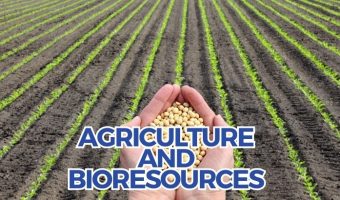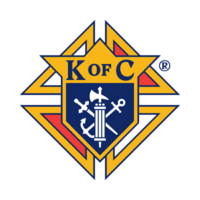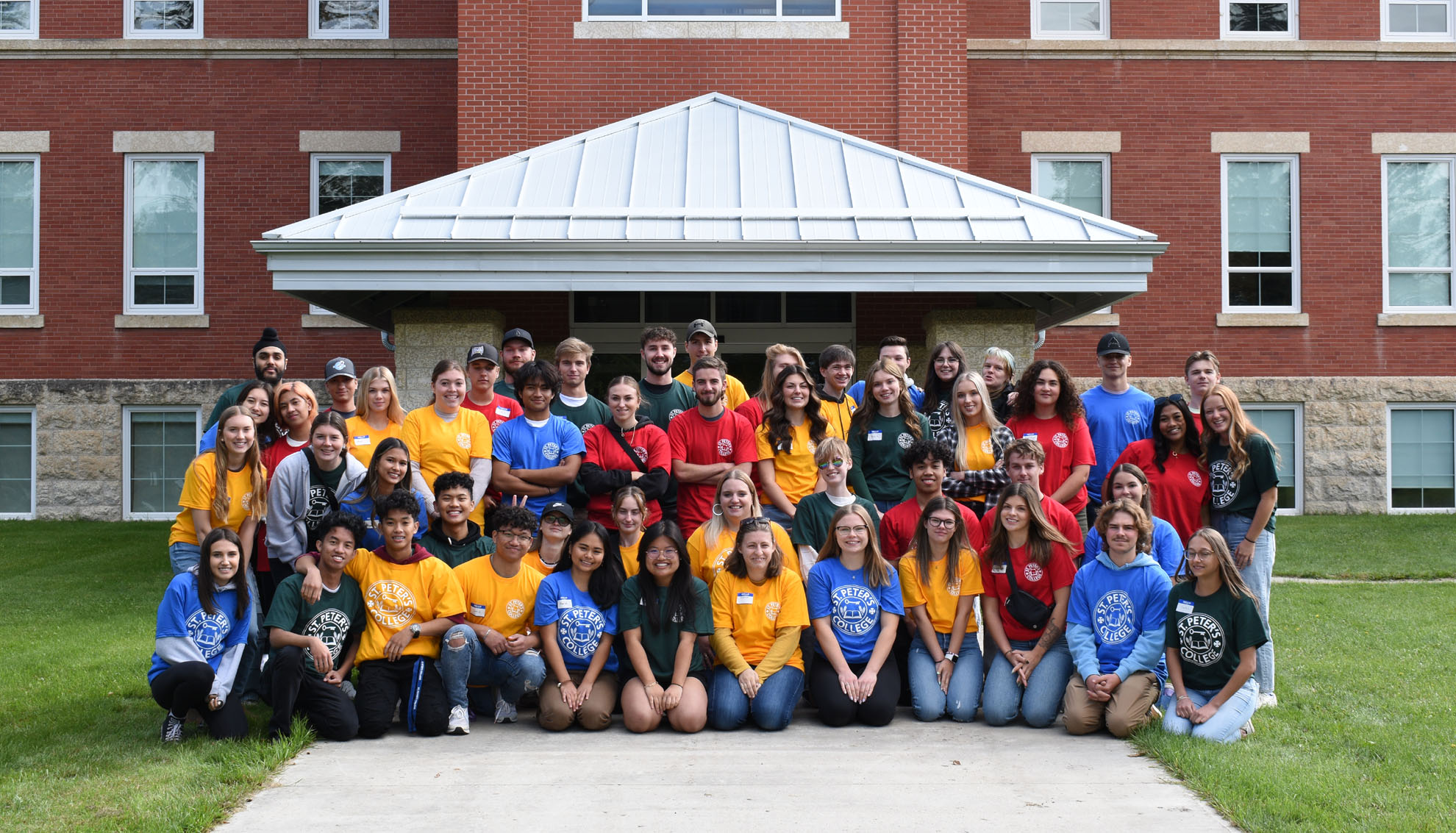Agriculture and Bioresources
About This Program
As a graduates of our programs, not only will you leave with excellent, industry-endorsed scientific training, but also with a foundation of marketable career skills.
Theme Areas
The College of Agriculture and Bioresources is an interdisciplinary applied-sciences college with expertise in – and integrated across – five theme areas:
Plants and Animals – The sustainable management, production, and genetic improvement of agricultural and domesticated plants and animals.
Food, Feed and Bioproducts – The use of renewable resources to provide safe and accessible food, sustainable sources of nutrients, pharmaceuticals and fuels.
Soil, Environment and Ecology – Protecting renewable resources and the environment through responsible management and conservation of the world’s soil, water and ecosystems.
Kanawayihetaytan Askiy: “Let Us Take Care of the Land” – Kanawayihetaytan Askiy is a uniquely designed certificate program that is focused on providing a broad range of topic areas specific to the management of lands and resources on federal reserve lands. This program examines basic environmental, legal and economic aspects of land and resource management in Aboriginal communities.
First Year Classes
| Term 1 | Term 2 |
|---|---|
|
|
Tuition Estimates
| Canadian | International | |
| Tuition | $6,981 | $24,451 |
| Fees | $300 | $300 |
| Books | $1,000 – $1,500 | $1,000 – $1,500 |
| Total | $8,281 – $8,781 | $26,751 -$27,251 |
Tuition will vary depending on the type and number of classes you take in a year. This estimate reflects a typical amount you could expect to pay in your first year if you enroll in a full course load, the maximum number of courses allowed.
Fees are used to fund specific student benefits.
The cost of books and supplies varies widely depending on the courses you choose. It is recommended that you budget between $1,000-$2,000 per year.
*BASED ON THE RATES DISPLAYED ON OUR TUITION PAGE
Careers
Some career opportunities include:
- Volunteer services administrator
- Human support services coordinator
- Political campaign staff member
- International human rights program assistant
- Family services administrator
- Women’s centre director
- Resource centre coordinator
- Community development worker
Admission Requirements and Deadlines
Deadlines
St. Peter’s College Deadline:
Students already accepted into their program at the University of Saskatchewan may begin classes at St. Peter’s College anytime before the deadline for registration changes (mid-September and mid-January)
University of Saskatchewan Deadline:
The full list of deadlines for each college at the University of Saskatchewan can be found at the programs specific requirements and deadlines page on their website.
Required High School Classes
- Foundations of Mathematics 30 or Pre-Calculus 30
The high school classes that are required for admission purposes are not always the same as classes you will need to complete the degree program you choose. For example, if you want to minor in chemistry, you will need high school chemistry to take your first-year university classes.
Required Grade Average
Applications are considered up until the deadline. Admission is offered on an ongoing basis until all seats are filled. Applicants who do not meet the admission average but otherwise qualify for admission may be placed on a waitlist.
At the discretion of the college, applicants who had been placed on a waitlist may be offered admission based on their place in the waitlist (determined by admission average).
Minimum admission average: 70%
Learn how we calculate your admission average. If you do not meet the minimum admission average, you may be considered for the Transition Program or for special (mature) admission.
English Proficiency
If your first language in not English, you may have to prove proficiency in English before admission. It is expected that applicants interested in this program are fluent in English.
Ready to apply?
Students must apply and be accepted to the University of Saskatchewan and St. Peter's College. The University of Saskatchewan requires a non-refundable application fee of $90 CDN before your application will be processed. St. Peter's College will process your application at no charge.
Search
Related Programs













